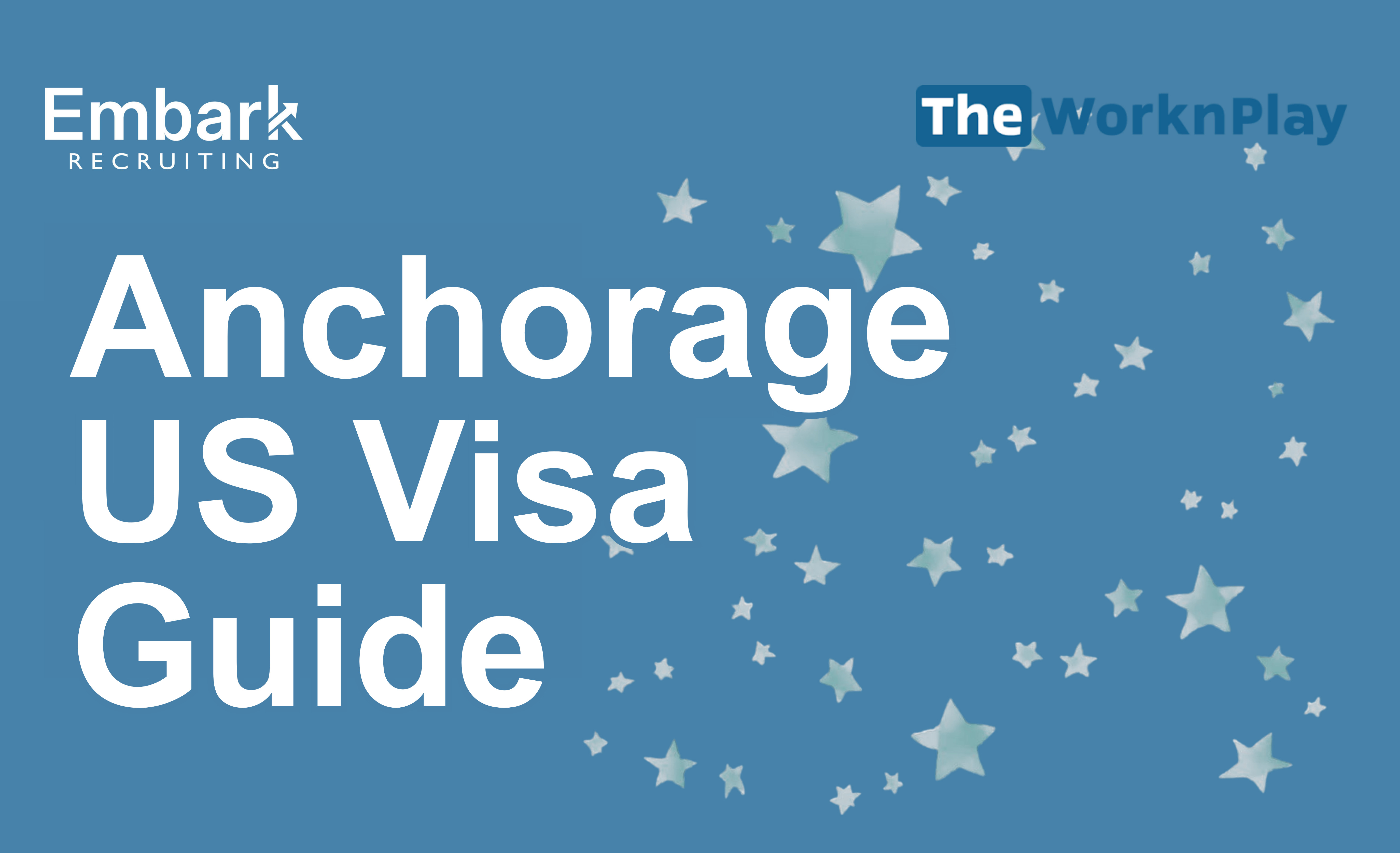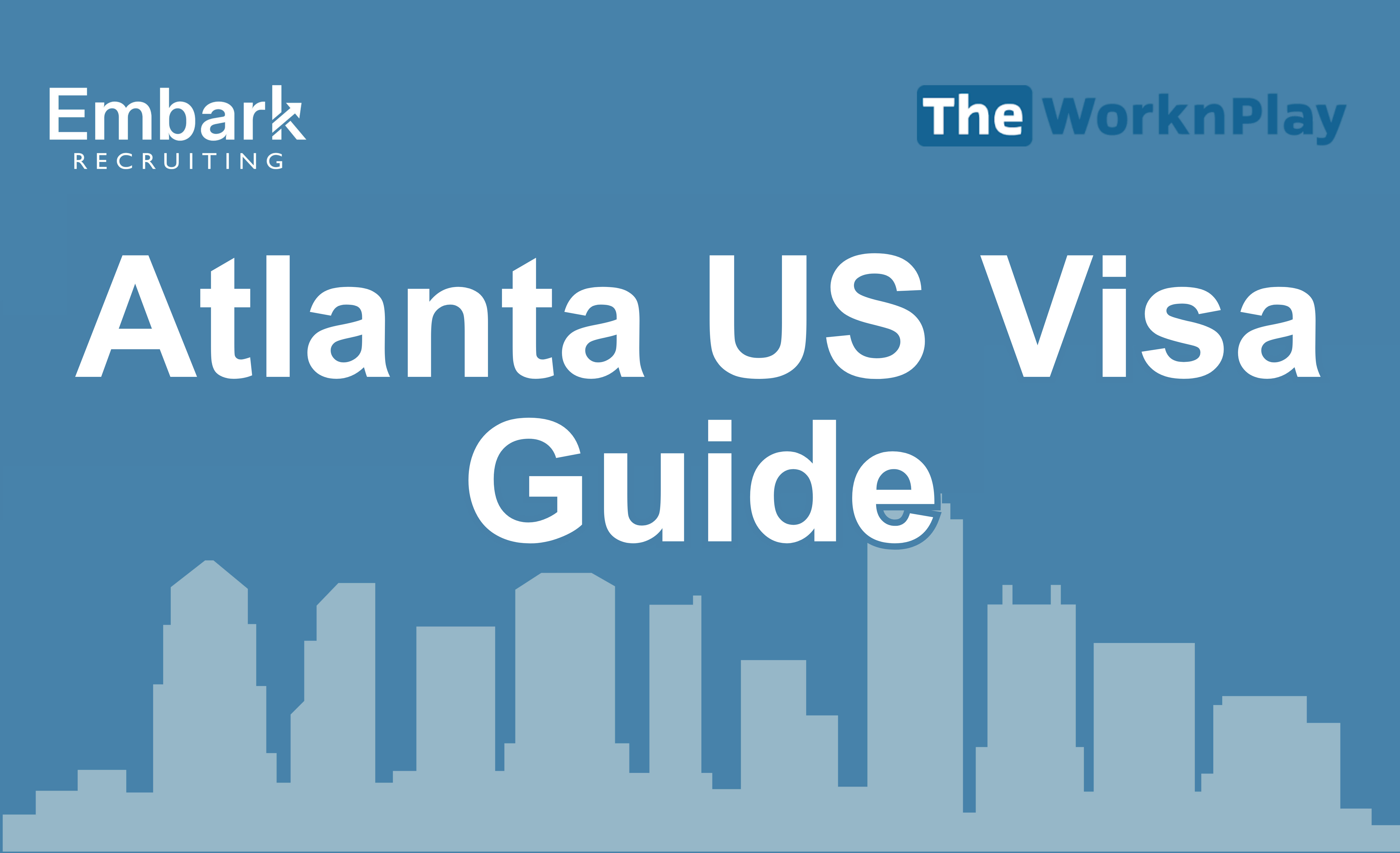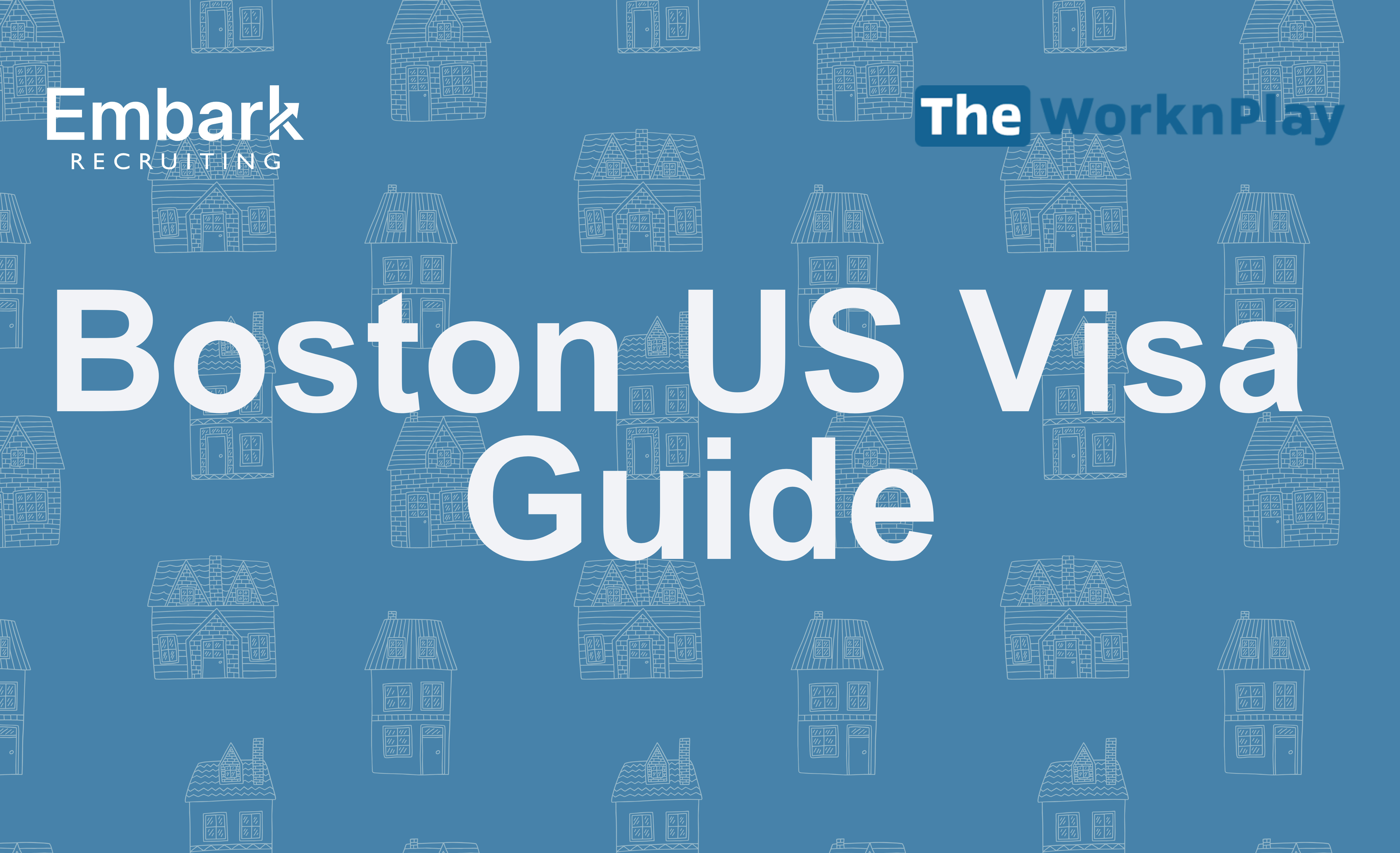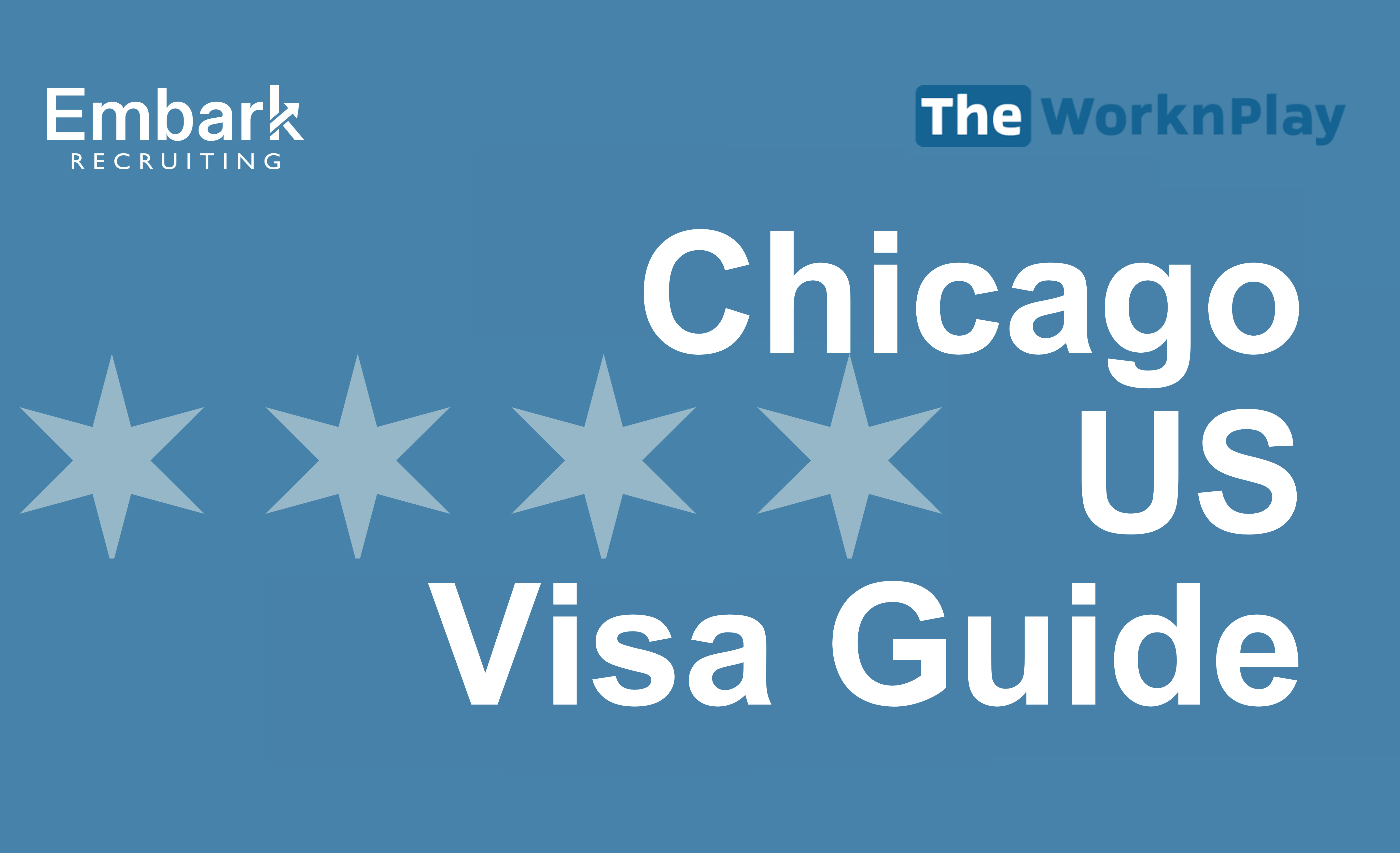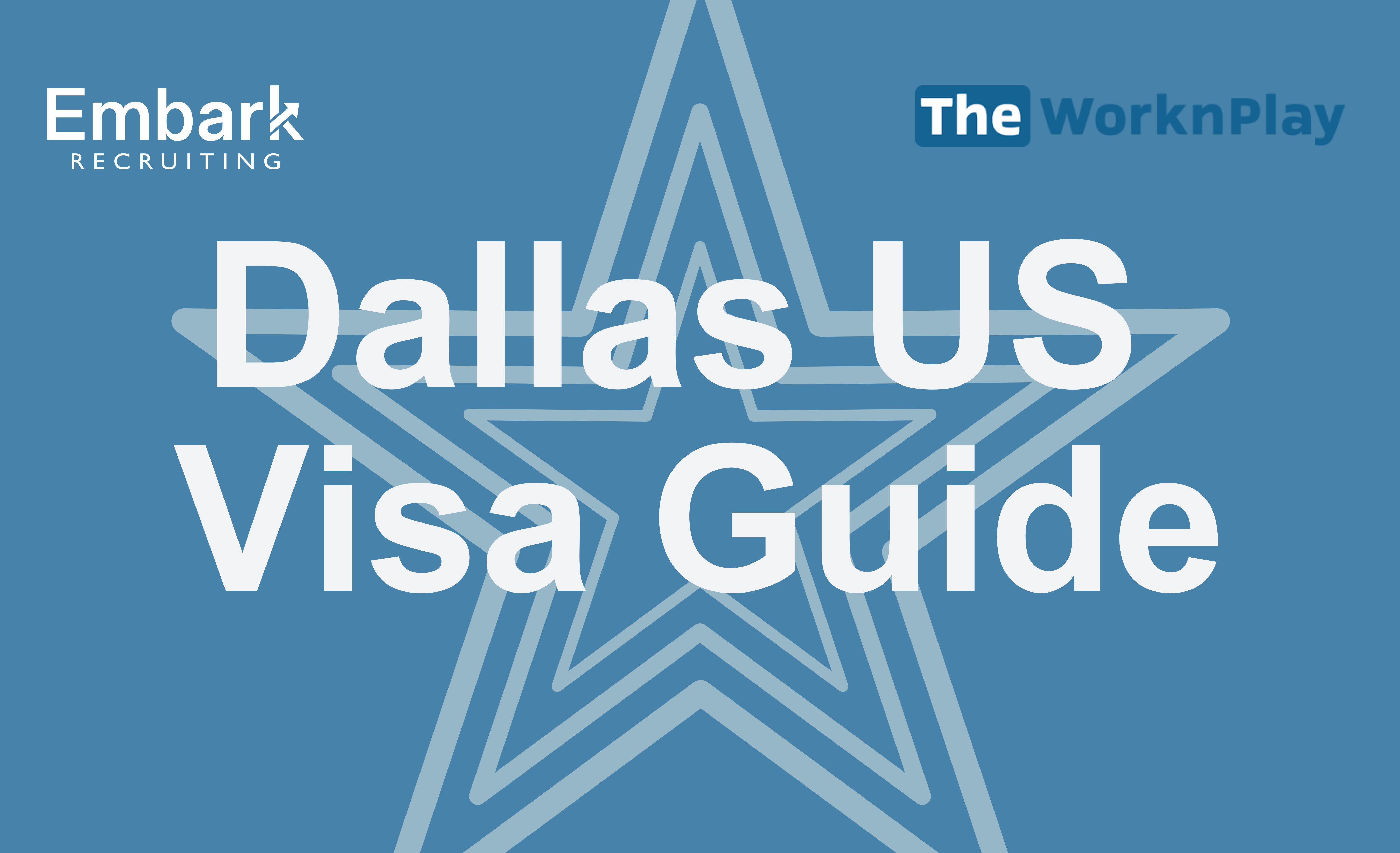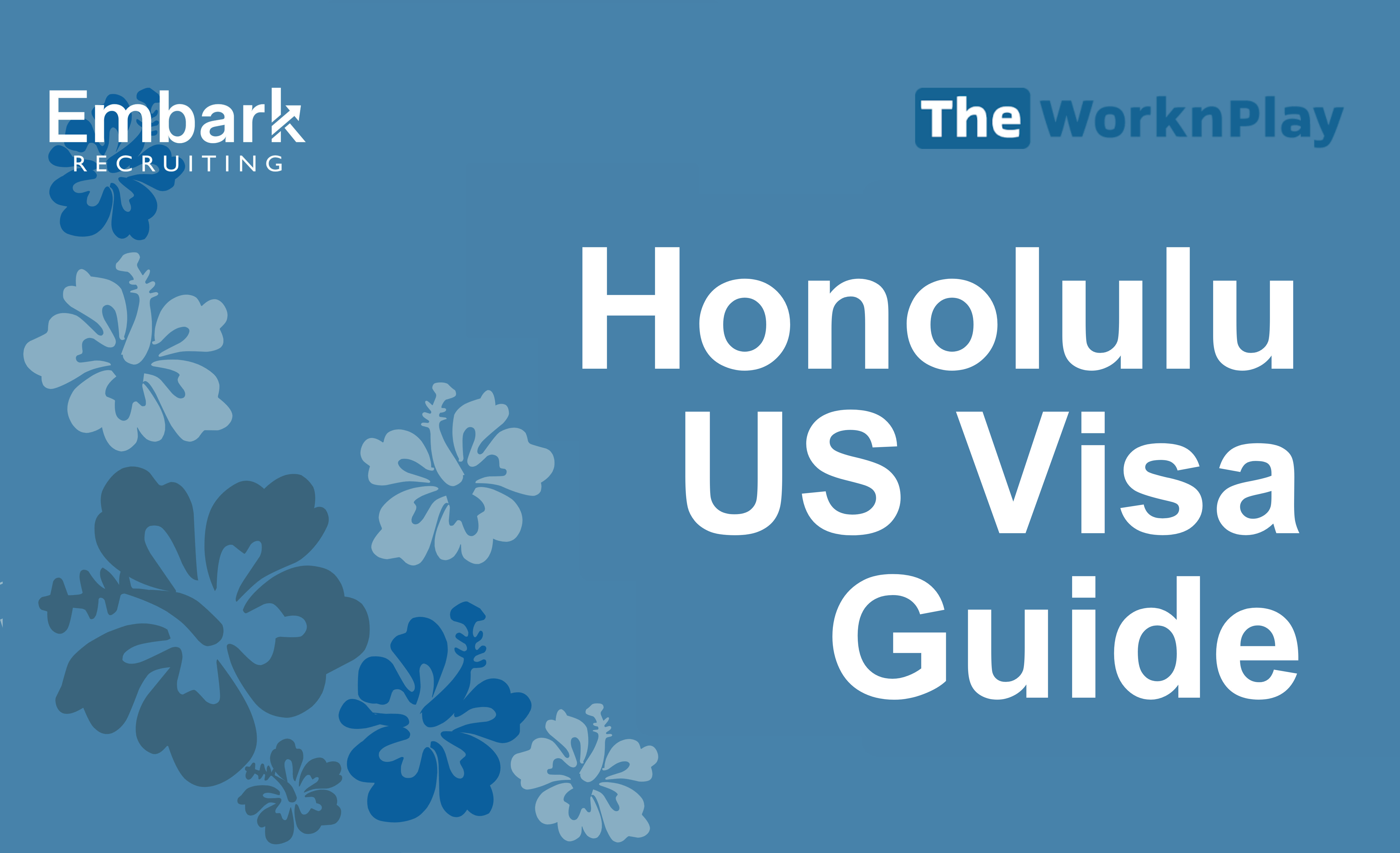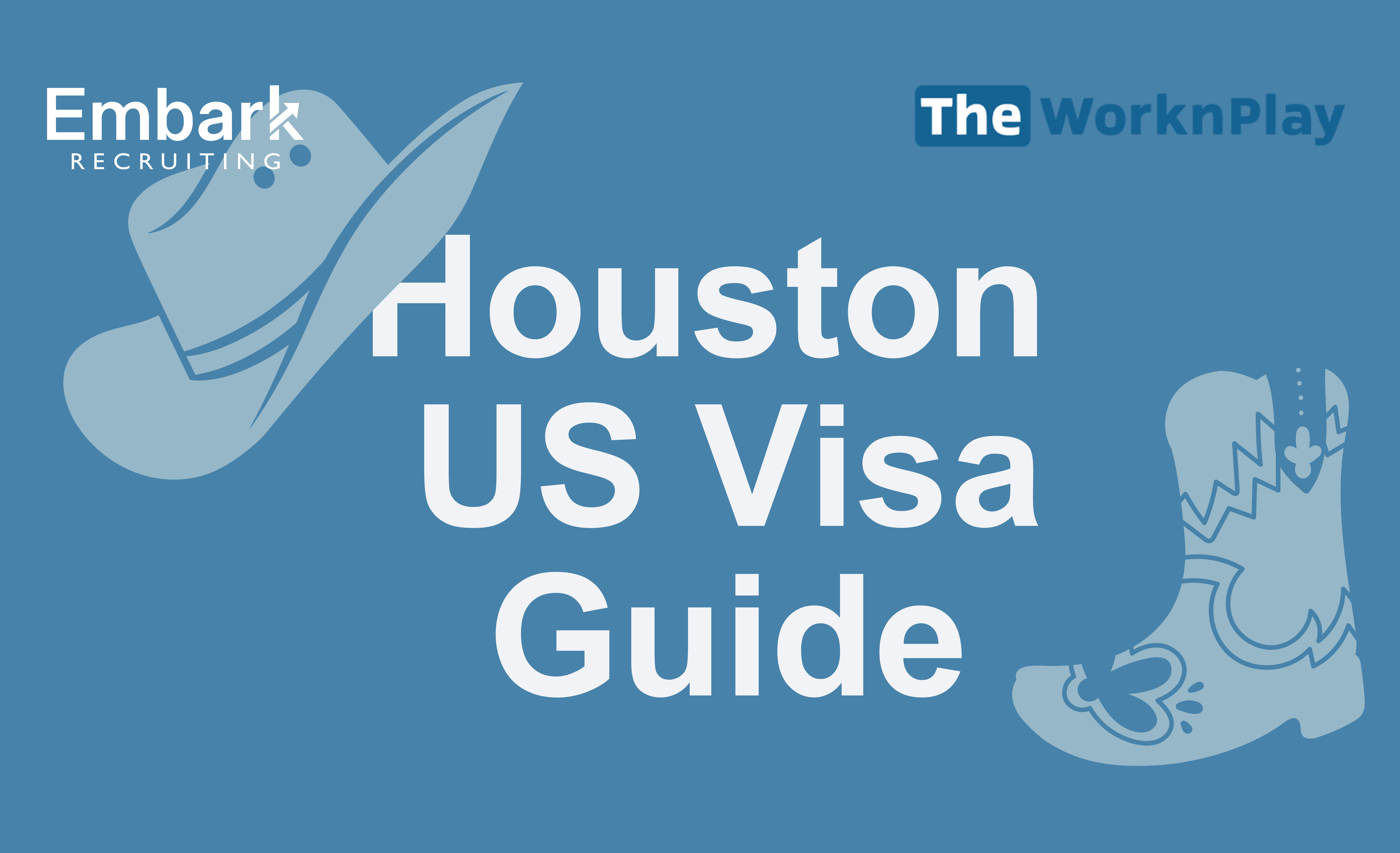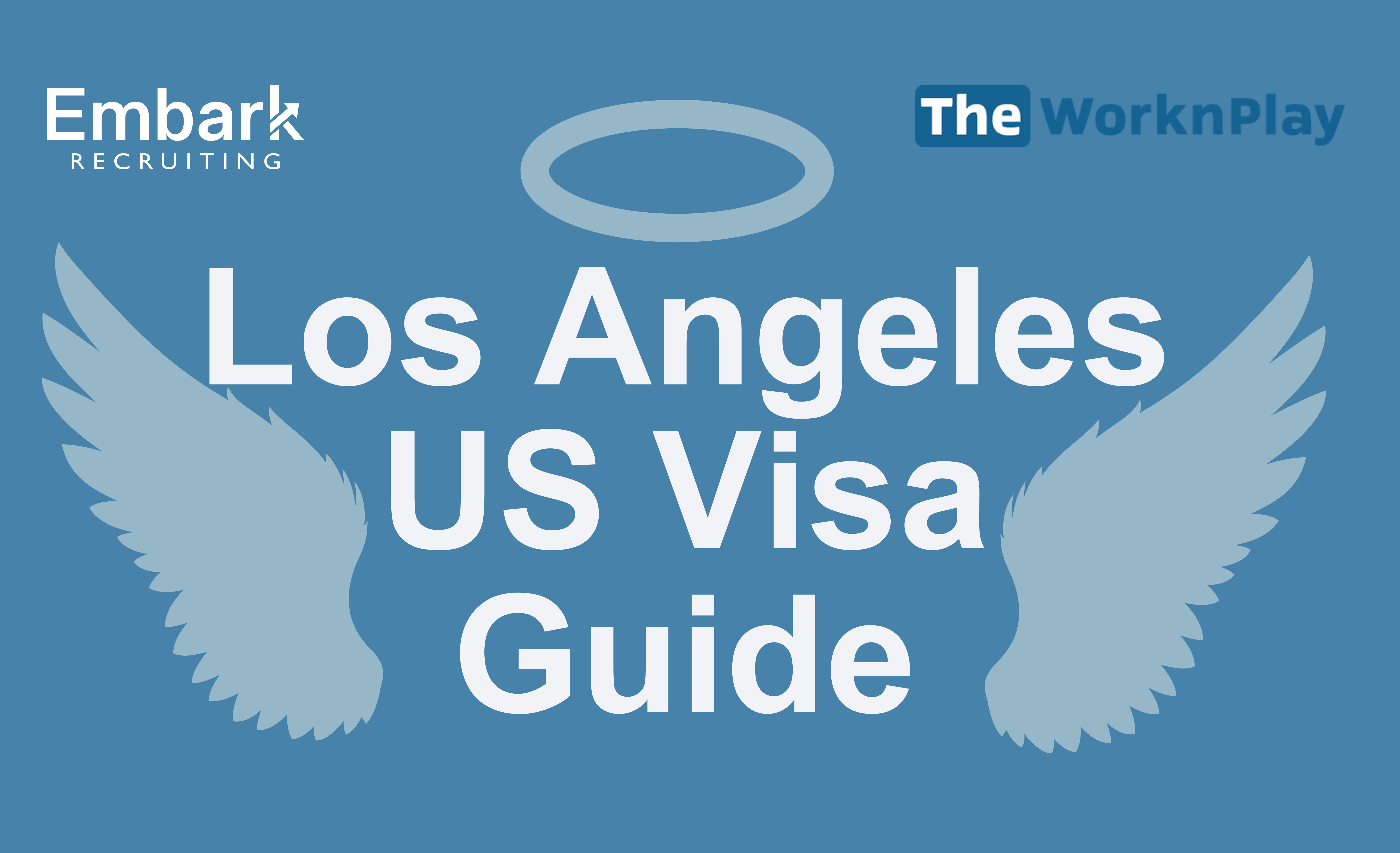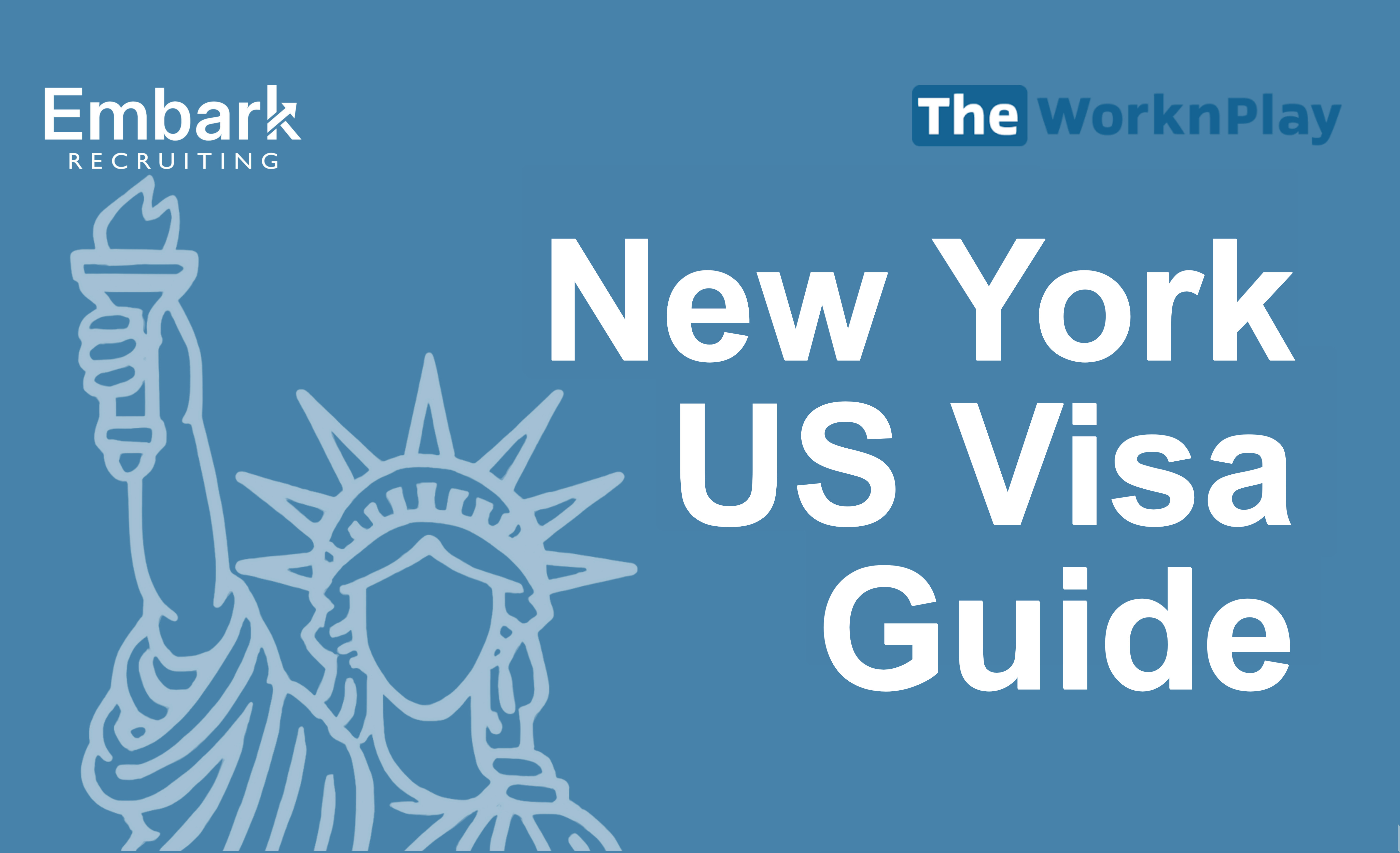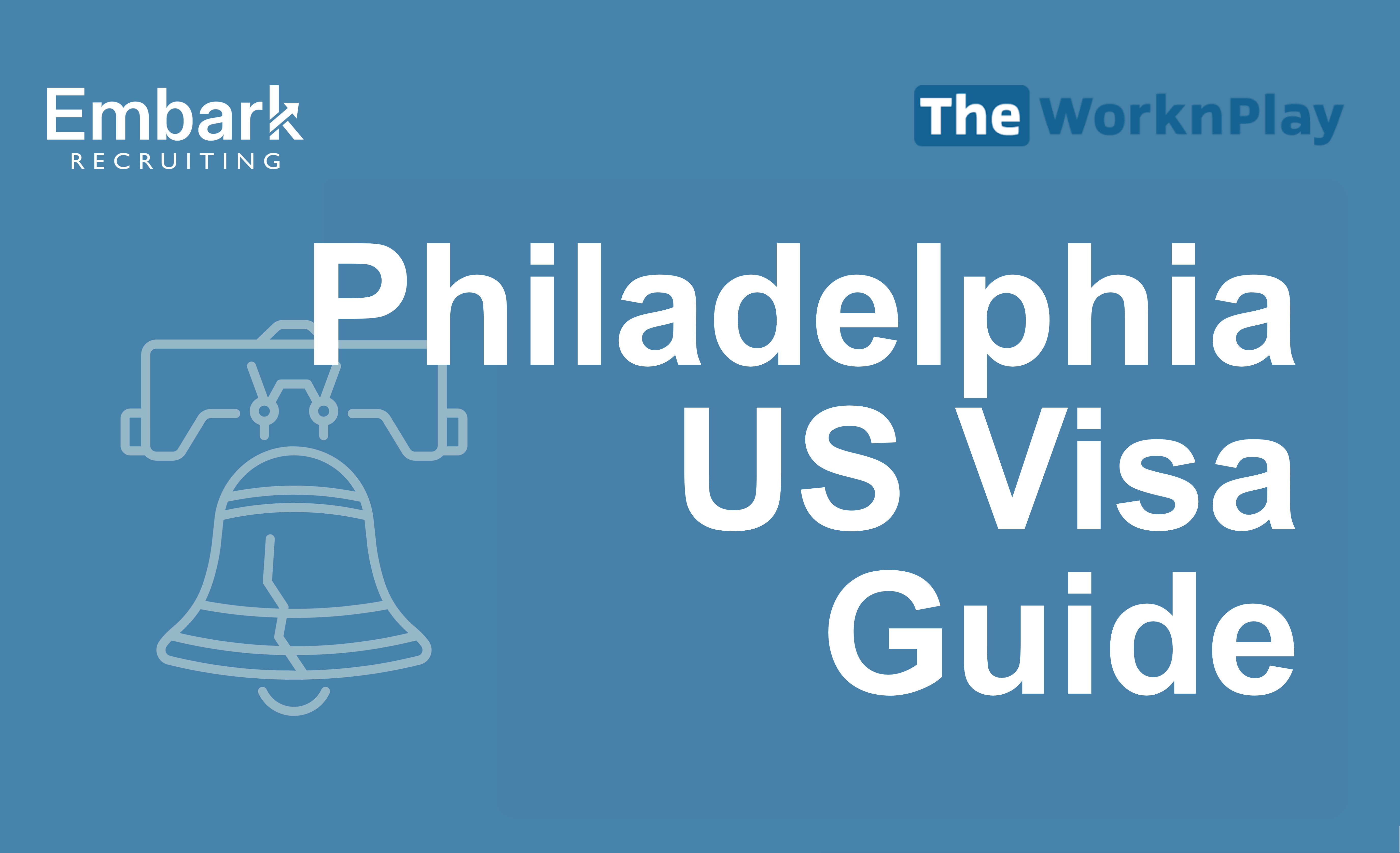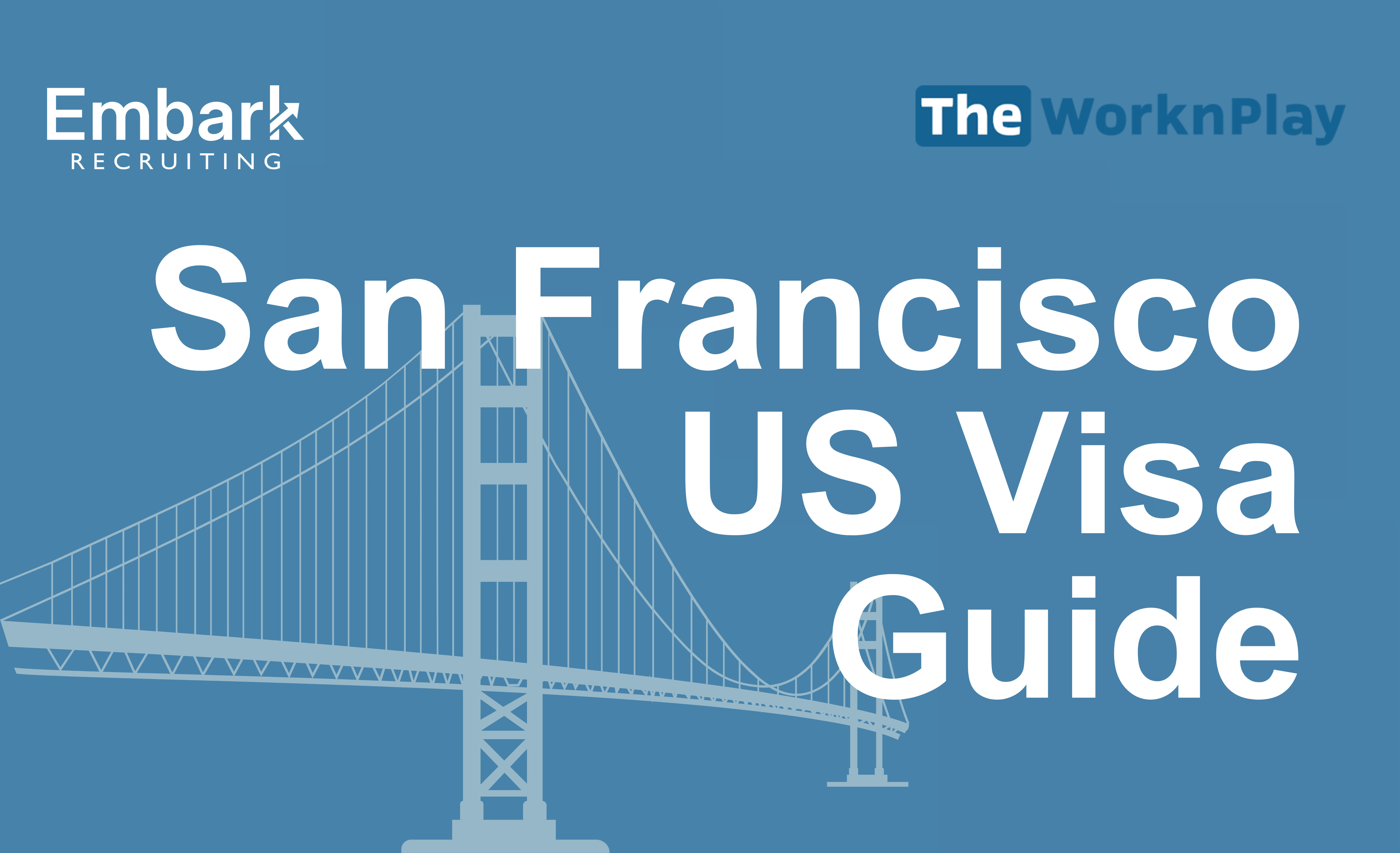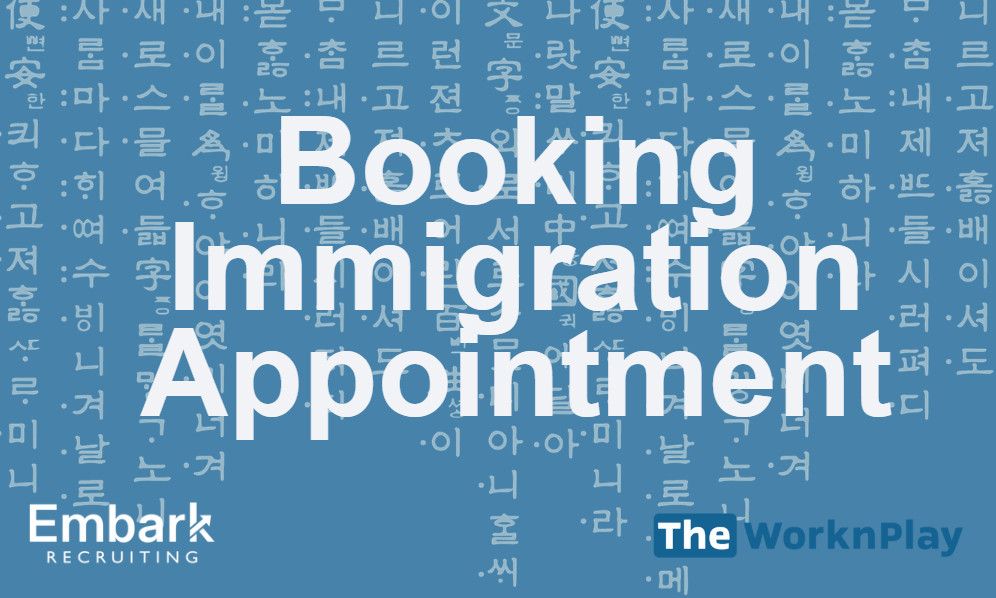
Visa and Immigration Guide (1/14)
How to Book an Immigration Appointment in Korea
All teachers are required to schedule an immigration appointment in Korea. Teachers currently in Korea who hold a Residence Card (formerly ARC) must submit their employment information and book their immigration appointment on their own. For teachers applying from overseas, the Embark team can schedule the appointment on your behalf. This guide explains both processes for: • Teachers with a Residence Card (formerly ARC) • Teachers without a Residence Card (formerly ARC) What is Hi Korea? Hi, Korea is the official online portal used by Korea’s immigration services for foreign residents in Korea. Through the site, foreigners can reserve immigration office visits, apply for visas or extensions, and access resources for living in Korea. One of its most important features is the “Reserve Visit” system, which allows users to schedule immigration appointments. For Teachers with a Residence Card (Formerly ARC) - How to Reserve an Immigration Appointment through Hi Korea Step 1: Reserve a Visit 1. Go to the Hi Korea site. Click "Log in" or "Create your account." As a foreign national in Korea, you can register as a member. Source: Hi Korea 1. After logging in, under the blue tab titled “Reserve Visit,” Click “Apply”. Source: Hi Korea 2. You will be taken to the “How to Use Visit Reservation” page. Read through the information, and scroll down, check the box to agree. After that, click either "Visit Reservation Application." Source: Hi Korea Step 2. How to Fill in Your Immigration Application You will be redirected to the "Fill in the application" page. 1. Under "Competent Authority," select the immigration office that has jurisdiction over your new place of residence (housing). Triple check to make sure to apply to the correct immigration office. 2. For the Booth Category, select “Foreigner Residence Control” (if unavailable, choose Foreign Resident Support, Residence Control, or Others). 3. Under Select a Task, choose the relevant categories to your situation. For those teaching at a new school in a new city, select: "visa extension," "change/addition of workplace," and "change of residence." 6. For Date of Visit, select the earliest day and date that works for you. Dates and times that are greyed out are already fully booked. If possible, we recommend booking your appointment at least two weeks before your visit. Click confirm, and print out the reservation confirmation letter. You will have to bring the ”Appointment Receipt” to the office. Note: The early bird gets the worm! We recommend booking your appointment early in the day and arriving early. Each visit can take up to 12 minutes. Try to avoid times near 12:00 PM, as lunch break is from 12:00–1:00 PM. 7. Although optional, we recommend specifying your purpose of visit. Step 3. How to Fill in Your Employment Information Report After competing your application, you will need to fill in or update your employment information. For foreign nationals without a reported employment history, the report will be displayed automatically. For foreign nationals with an employment history, the screen shown below will appear, displaying their current occupation information. You will have to scroll down and click "With Changes" if the occupation and industry are not correct. If the information is correct, click "No Changes," and you will finish your reservation. For native English teachers teaching at language academies: Occupation: Foreign Language Teacher 26217) Industry: Other educational institutes (85632) If you click "With Changes" this page (below) will appear. Alternatively, for foreign nationals with no recorded employment history, this page will automatically appear. 1. Click "Occupation Search" and a pop-up will appear. Search "Foreign Language Teachers" or simply "Teacher," and click the "Foreign Language Teachers" tab. Occupation: Foreign Language Teacher Classification Code: 26217 Once Occupation is selected, click "Industry Search." Again, a pop-up will appear. Search "Other educational institutes" or simply "education," and click the "Other educational institutes" tab. Industry: Other educational institutes Classification Code: 85632 Step 4: Print Out Your Reservation Receipt Once you are finished, you will be redirected to a page confirming that your reservation has been completed. Before clicking "Confirm," click "Print" and print out your reservation receipt. Please bring the document on the day of your appointment. As indicated on the receipt, please arrive at least 10 minutes before your appointment. Be sure to note the “Call No.”, as this number will appear on the monitor above the booth when you are called at your scheduled reservation time. You will also receive a phone message from Hi Korea (1345), confirming your reservation (see below). How to Check & Update Your Visit Reservation Status If you need to confirm or cancel your immigration reservation for any reason, please visit "My Page" on the Hi Korea site. 1. Click on the "Reserve Visit Status(member" on the side tab. If you have reserved your appointment the information will be presented here. Click on it to see the full details. 2. You can choose to print out the receipt, edit or cancel your reservation. If you choose to cancel your reservation, your process status will be changed to "Cancel" on your page. For New Teachers WITHOUT a Residence Card (Formerly ARC)- How to Reserve an Immigration Appointment through Hi Korea Note: You must make an appointment before visiting the Immigration Office. Walk-ins are only allowed on the last day of your visa, and even then, your application may not be accepted. 1. Go to the Hi Korea site. Under the blue tab titled “Reserve Visit,” Click “Apply”. Source: Hi Korea 2. You will be taken to the “How to Use Visit Reservation” page. Read through the information, and scroll down, check the box to agree. After that, click the right button “Visit Reservation Application (Non-member).” You cannot make an account as a member if you do not currently have a Resident Registration Number. Source: Hi Korea 3. You will be redirected to the Identity Verification page. Choose the second tab, “Identity verification using passport number,” and once you have submitted the relevant information, click confirm. Source: Hi Korea 4. On the Application Form page, make sure the ”Competent Authority” is set to your local immigration office based on your place of residence. If you are not sure, you can check your office using the Detailed Search option. Source: Hi Korea 5. For the Booth Category, select “Foreigner Residence Control” (if unavailable, choose Foreign Resident Support, Residence Control, or Others). Under Select a Task, choose “Foreign Resident Registration.” For the Password, enter any 4-digit number (you will need this to cancel your reservation, so be sure to write it down.) Source: Hi Korea 6. For Date of Visit, select the earliest day and date that works for you. Dates and times that are greyed out are already fully booked. If possible, we recommend booking your appointment at least two weeks before your visit. Click confirm, and print out the reservation confirmation letter. You will have to bring the ”Appointment Receipt” to the office. Note: The early bird gets the worm! We recommend booking your appointment early in the day and arriving early. Each visit can take up to 12 minutes. Try to avoid times near 12:00 PM, as lunch break is from 12:00–1:00 PM. Source: Hi Korea
